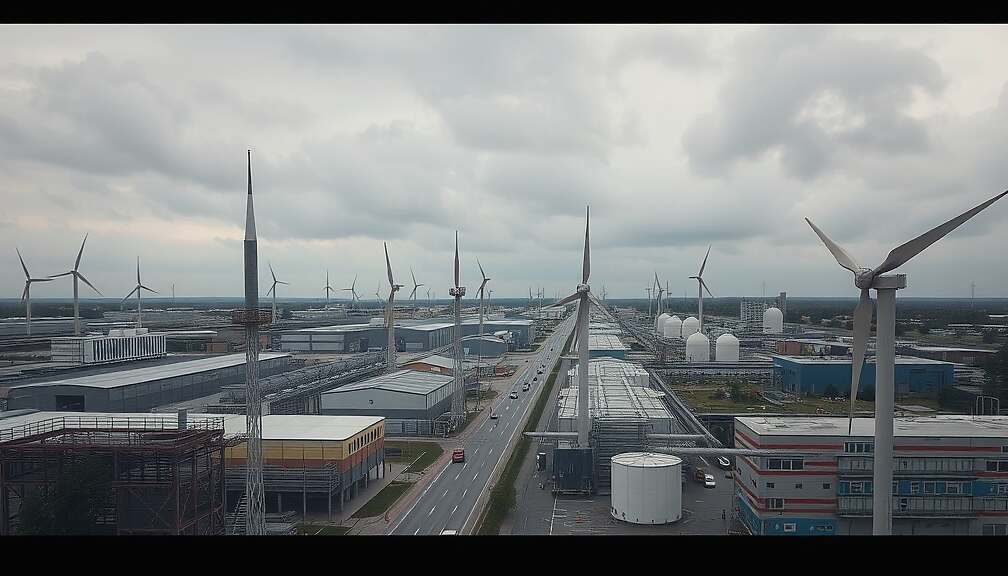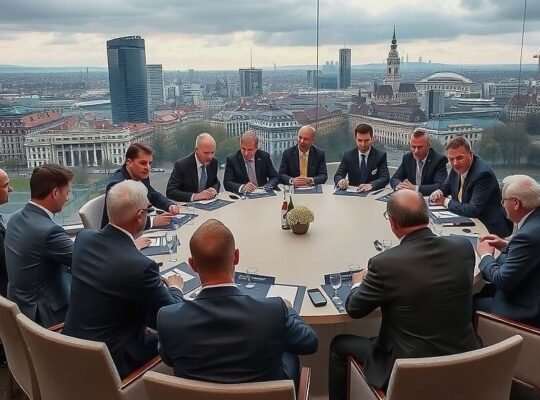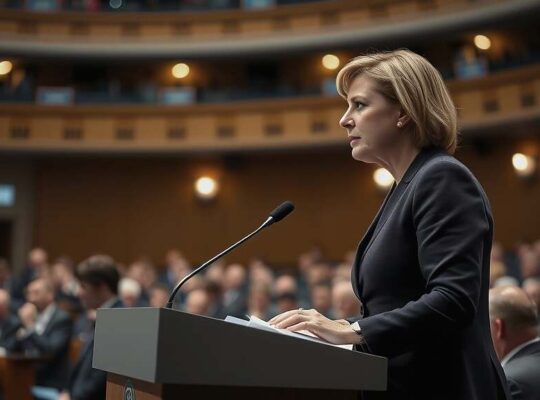A leading business association closely linked to the Green Party in Germany has publicly voiced concerns regarding the current pace of the country’s transition to a more sustainable economy, alleging it is being slowed without sufficient justification.
Marie-Luise Wolff, the association’s chairwoman, told the “Süddeutsche Zeitung” that the deceleration appeared to be driven by prevailing trends rather than concrete strategic rationale. She categorized such a slowdown as “dangerous”. The association is particularly advocating for the continued enforcement of the planned 2035 ban on internal combustion engine vehicles, a measure recently questioned by opposition figures within the Christian Democratic Union (CDU).
Co-chair Karl Haeusgen emphasized that hindering the transition ultimately fails to preserve jobs and urged a more proactive approach. Instead of abandoning targets, he suggested avenues such as expanded charging infrastructure, tax relief for electric vehicle owners and more affordable electricity rates to facilitate progress.
The business association, recently assuming leadership from figures representing traditional industries, reflects a shift in perspective within the Green Party’s economic wing. Wolff’s background includes leadership roles at Entega energy supplier and the German Association of Energy and Water Industries (BDEW). Haeusgen brings experience as chairman of Hawe Hydraulik’s supervisory board and former president of the German Engineering Federation (VDMA).
The leaders acknowledged a strain in relations between the Green Party and the business community. Wolff pointed to elements within the Green Party perceived as economically detached and simultaneously recognized a degree of skepticism towards the party within business circles. They also addressed concerns stemming from within the Green Party itself, rejecting proposals such as newly introduced levies for companies involved in fossil fuels. “As the Green Party’s business association, we stand for incentives, not burdens” Wolff stated. She concluded that political intervention should only occur when established goals are demonstrably at risk.












